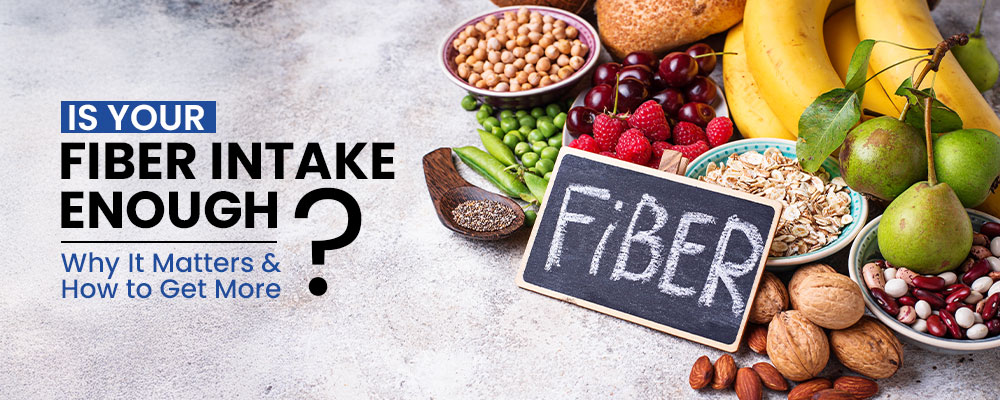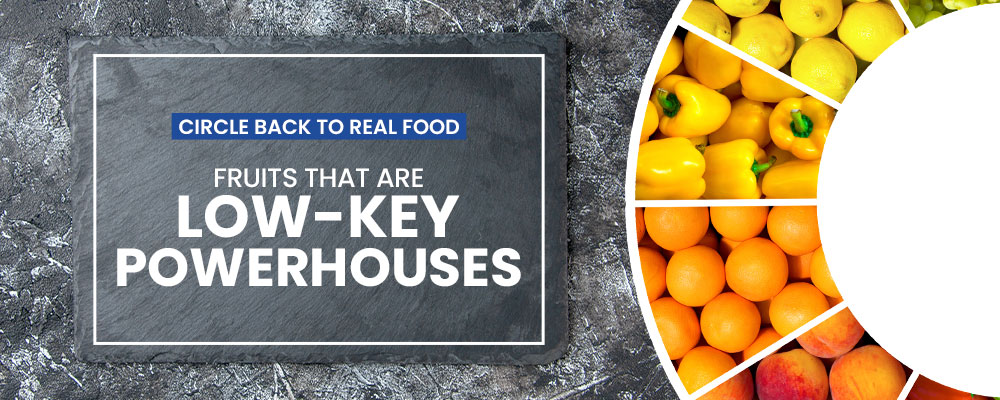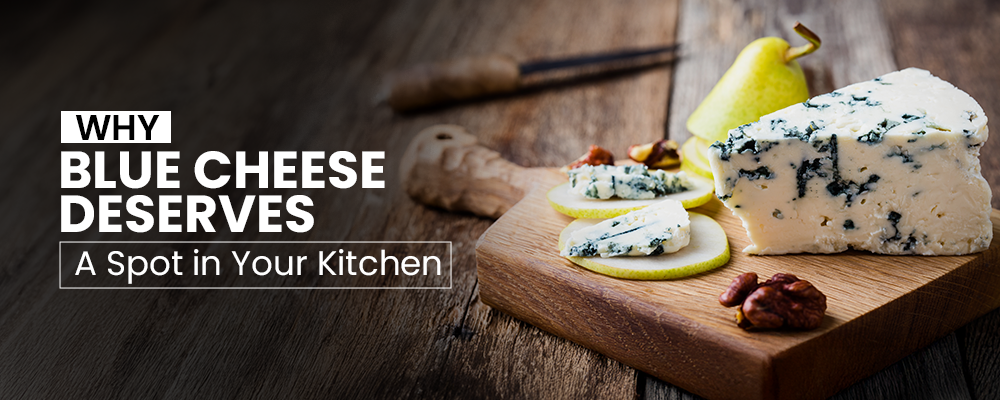Is Your Fiber Intake Enough? Why It Matters and How to Get More

Is Your Fiber Intake Enough? Why It Matters and How to Get More
Let’s talk about dietary fiber—something we have studies about as children but don’t always make a priority in our diets. If you're working long hours and constantly on the go, getting enough fiber might not be at the top of your mind. But here’s the thing: fiber isn’t just another buzzword of the tiktok community; it plays a major role in your overall health and can actually help you stay energized and feeling good throughout your day.
What Is Fiber and Why Does It Matter?
Fiber is the part of plant-based foods that your body can’t digest. There are two types: soluble fiber, which helps lower cholesterol and stabilizes blood sugar, and insoluble fiber, which helps with digestion and keeps things moving in your system. While fiber doesn’t give you that instant energy boost, it provides long-term benefits for your body, especially if you have a busy lifestyle.
It’s easy to overlook fiber, especially when we’re caught up in the rush of work and the convenience of processed foods. But that’s exactly why fiber deserves more attention—it helps keep your digestive system running smoothly, boosts your heart health, and even helps manage your hunger levels. It also keeps your blood sugar in check, meaning less of that dreaded energy crash after lunch.
How to Get More Fiber Without Overhauling Your Diet
Adding more fiber to your diet doesn’t mean you have to start from scratch. It’s all about small, smart changes that fit into your routine.
Start with breakfast: Opt for oats instead of sugary cereal, or add chia seeds or flaxseeds to your smoothie for an easy fiber boost. If you prefer toast, go for whole grain and top it with avocado for a fiber-packed, satisfying meal.
For lunch, switch to whole grains like brown rice or quinoa. Adding beans or lentils to salads or soups is another simple way to add fiber. At dinner, load up on fiber-rich veggies like broccoli, spinach, or carrots, and try lentil pasta or whole wheat pasta instead of regular pasta.
For snacks, swap chips for nuts, trail mix, or popcorn. These are easy, fiber-rich options that won’t slow you down. And if you’re into smoothies, toss in some spinach, flaxseeds, or berries to add fiber without sacrificing flavor.
The Bottom Line
Fiber is essential for digestion, blood sugar regulation, and overall health, especially for those of us juggling busy work schedules. You don’t need to make huge changes to your diet to get more fiber in. By incorporating simple, fiber-rich foods into your meals and snacks, you’ll notice the benefits over time—more energy, better digestion, and less of that mid-afternoon slump. It’s about consistency, not perfection.




